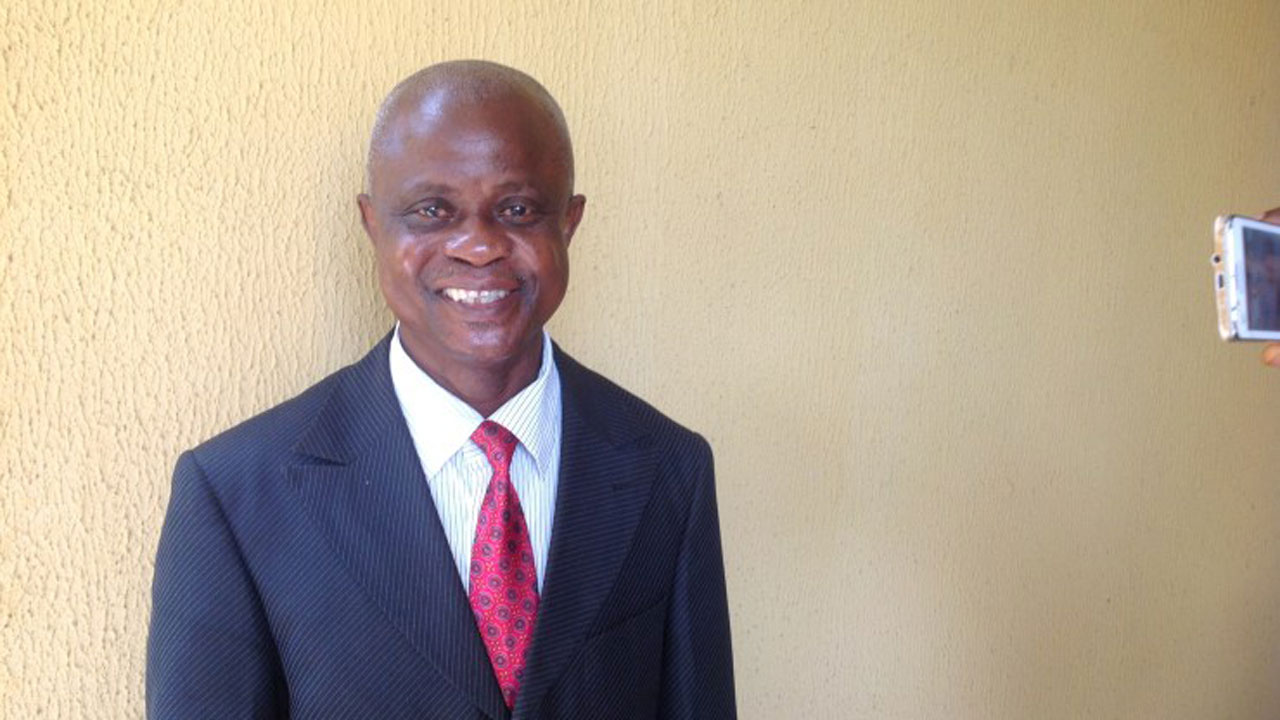
• NCDs kill 41m people yearly worldwide
• NGO partners media on open defecations in Bauchi
The inventor of Medicinal Synthetic Aluminum–Magnesium Silicate (MSAMS) HIV/AIDS cure, Prof. Maduike Ezeibe of Michael Okpara University of Agriculture Umudike (MOUAU), Abia State has canvassed its commercialization, predicting that the measure “will boost Nigerian economy and improve healthcare delivery in the whole world.”
He said the medicine could also cure other diseases caused by pathogens (disease agents) that are electrically charged.
In a statement, Ezeibe vouched for the efficacy of the drug challenging anybody who doubts the results of his invention to provide scientific arguments to fault the stated mechanisms of actions of the MSAMS (as antiviral, anti-cancer medicine as well as a stabilising agent).
Nigerians, the don stated, “should learn to have confidence in our scientists. Should our professors be inferior just because we are Nigerians (Africans)? If that is not so, why are people still doubting us even when nobody has been able to provide scientific argument to disprove our results?”
Besides being used to treat viral epidemics (HIV/AIDS, Hepatitis B, Hepatitis C, Ebola, Measles, Lassa fever, Mad cow diseases and viral epizootics among others, Ezeibe said “MSAMS is an anti-cancer medicine and a raw material, which local and foreign pharmaceutical companies would buy to reduce production cost for their drug formulations (by reducing doses to 75 per cent), prevent development of drug-resistance (by clearing 95 per cent of treated infections) and make antimicrobials regain effects against resistant infections.”
The professor in the College of Veterinary Medicine explained that colloidal structures stabilise other drugs.
He argued that since typhoid fever is caused by a Salmonella organism (Salmonella typhi), the result suggests that MSAMS may also help medicines to treat the ailment.
However, another don in the Department of Biomedical Nutrition and Toxicology in the institution, Professor Ifeoma Irene Ijeh, said no fewer than 41 million people die yearly across the globe from non-communicable diseases (NCDs).
She quoted the June 2018 World Health Organisation (WHO) report during her delivery of the university’s 36th Inaugural Lecture entitled, The Food And Medicine Wedlock: A Biochemist’s search for suitable indigenous brides.”
Ijeh listed the major NCDs as cardiovascular, which causes 17.9 million deaths yearly, cancers, nine million casualties; respiratory diseases, 3.9 million fatalities and diabetes, 1.6 million deaths.
She noted that of the 41 million figure, 15 million die between ages 30 and 69, with over 85 per cent of these premature deaths occurring in low and middle-income countries.
Meanwhile, a non-governmental organisation, Network for Water Sanitation and Hygiene (NEWSAN), is partnering media houses in Bauchi to curb the menace of open defecations in the state.
Consisting of Water-Aid Sanitation and Hygiene, WASH and Society for Water Sanitation, the NGO said it direly needs the support of the media which in the area of reportages on sanitation, clean environment and indiscriminate defecations.
The team head in Bauchi, Wando Akosu, made the disclosure while addressing heads of media houses within the metropolis.
[ad unit=2]



